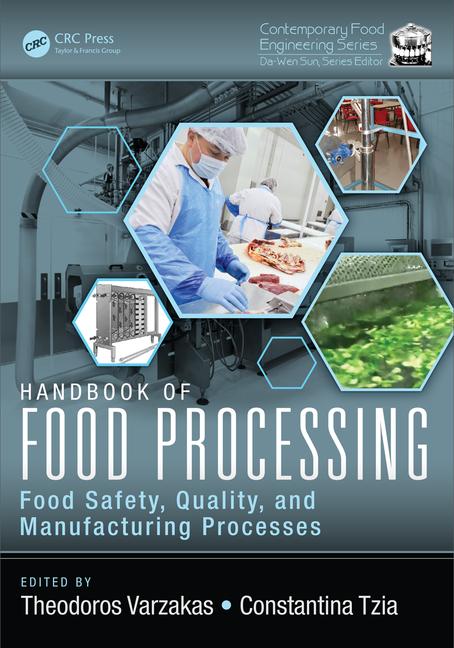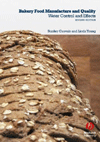Researchers at the University of Minnesota discovered and received a patent for a naturally occurring "lantibiotic" that could be added to food to kill harmful bacteria like salmonella, E. coli and listeria.
Researchers at the University of Minnesota, Minneapolis, discovered and received a patent for a naturally occurring "lantibiotic" that could be added to food to kill harmful bacteria like salmonella, E. coli and listeria. In essence, the natural preservative could keep food safer, longer.
“When we first saw it, we were not too excited. It didn't seem to be too novel,” says Dan O’Sullivan, a professor of food science and nutrition at the university’s College of Food, Agricultural and Natural Resource Sciences. “But then when we examined it, we found it can inhibit the E. coli and salmonellas that are present.”
O'Sullivan says he stumbled upon the discovery of the lantibiotic, a peptide produced by a harmless bacteria, while researching the genome of bacteria. Other experts say the discovery could transform the food industry. "It’s a huge deal,” says Sue Patow of the university’s Office for Technology Commercialization. “This has impact on the food industry; the impact on even just consumers' sense of safety about the food they're eating is huge.” Patow adds that food recalls cost the food industry $145 billion in 2009 alone.
It’s not clear how long it would take before the lantibiotic shows up in food, researchers say. Depending on funding and research progress on how to mass produce the lantibiotic, it could take one to three years, according to the researchers.
Source: www.kare11.com
Get our new eMagazine delivered to your inbox every month.
Stay in the know on the latest snack and bakery industry trends.
SUBSCRIBE TODAY!Copyright ©2024. All Rights Reserved BNP Media.
Design, CMS, Hosting & Web Development :: ePublishing





